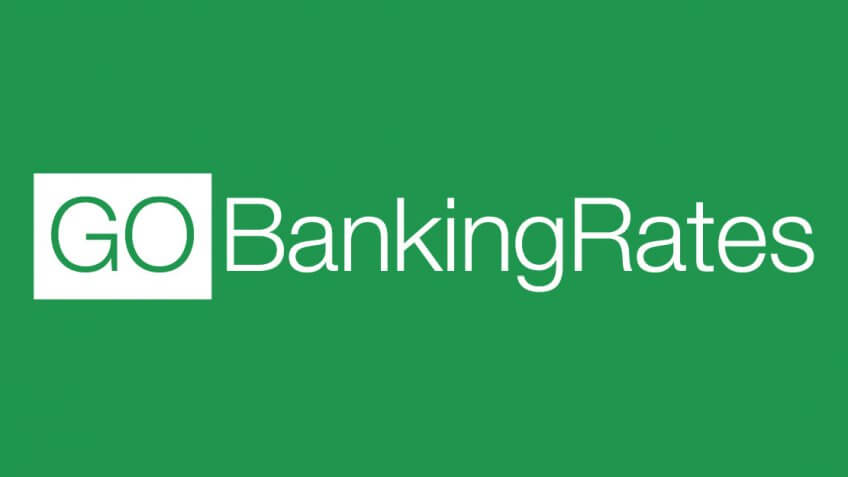4 Key Signs You Don’t Have Enough Money in Your Savings Account

Commitment to Our Readers
GOBankingRates' editorial team is committed to bringing you unbiased reviews and information. We use data-driven methodologies to evaluate financial products and services - our reviews and ratings are not influenced by advertisers. You can read more about our editorial guidelines and our products and services review methodology.

20 Years
Helping You Live Richer

Reviewed
by Experts

Trusted by
Millions of Readers
If you’re concerned about your savings account balance, you’re not alone. In a world filled with economic uncertainty, many Americans are taking action. A recent 2023 report by Northwestern Mutual reveals that nearly 64% of respondents are trimming expenses to offset the effects of a possible recession. Additionally, 50% are actively working to bolster their savings, while 41% have chosen to hold off on significant expenditures.
To gauge your financial readiness for a downturn, here are four key signs you don’t have enough money in your savings account.
You Don’t Have Enough Cash To Pay for an Emergency Expense
Brandon Robinson, president and founder at JBR Associates, said you should make sure you have enough money on hand for an emergency.
“For many, that’s a car fix, home repair or medical expense beyond insurance,” he said. “An $800 to $1,200 expense can be expected. If you don’t have enough for an emergency, that’s your first red flag that you don’t have enough in your savings account.”
Robinson said a good rule of thumb is to have six to 12 months’ worth of everyday expenses saved in a bank or credit union savings account or money market account.
“If you have $3,500 per month in living expenses,” he said, “then it’s best to have at least $21,000 set aside in your savings account.”
Your Credit Card Debt Is Increasing
Robinson said another key sign that you don’t have enough money in your savings account is that you’re running up credit card debt.
“If you can only pay the minimum amount due each month on credit cards, that’s another red flag,” he warned. “You’re increasing your debt and probably paying 19% or more in interest.”
You’re Borrowing Money From Your Investment Account
“If you are having to borrow money from your investment account, like a 401(k), 403(b) or IRA, you are hurting yourself in the short- and long-term,” Robinson said. “It’s also likely you don’t have enough in savings. First, the money withdrawn may be subject to a 10% penalty if you are under age 59.5, and you’ll get hit with taxes on the withdrawal. In the long-term, that money is no longer available to earn more for you in future market gains.”
You’re Living Paycheck to Paycheck
Robinson said, “If you are living paycheck to paycheck and are left with very little at the end of each month, then you also need to find ways to increase your savings.”
Spending almost everything you make and not being able to make meaningful contributions to your savings can result in you using your credit cards, taking high-interest loans or withdrawing from your retirement account to fund unexpected expenses. This can put you deeper and deeper into debt and delay saving as much for retirement.
Tips To Increase Your Savings Account Balance
Here are some great tips from Robinson to help increase your savings:
- Start a monthly budget: If you don’t know where your money is going every month, it’s nearly impossible to start saving properly.
- Cut out unnecessary expenses: Identifying items that you can do without. If it’s not absolutely necessary, he said, then it’s time to cut it from your monthly expenses.
- Be diligent, persistent and focused on the long-term goal: Robinson said that you need to put your savings goal –how much and when you will achieve it — in writing and post it around your home to help you stay focused long-term.
- Start knocking down your credit card balances: Systematically pay off your credit cards, starting with the highest interest balance first. Once you accomplish this, he said you’ll be able to accelerate putting money in your savings.
- Make the most of your income boosts: For example, if you get a raise at work, Robinson said, consider putting at least half of your increase in the bank or any other liquidity fund, such as a money market or credit union account.
- Use a systematic method to save: Robinson said using a system, such as automatically putting a percentage of your income into a liquid savings account will result in less temptation to spend it.
- Find someone to help you with a plan: If you have difficulty getting your financial house in order, Robinson recommended seeking help from a financial professional, friend, spouse or family member that understands finances. “This is the key when seeking out help,” he said, “to find someone that is knowledgeable and successful with finances and wealth management.”
 Written by
Written by  Edited by
Edited by 

























